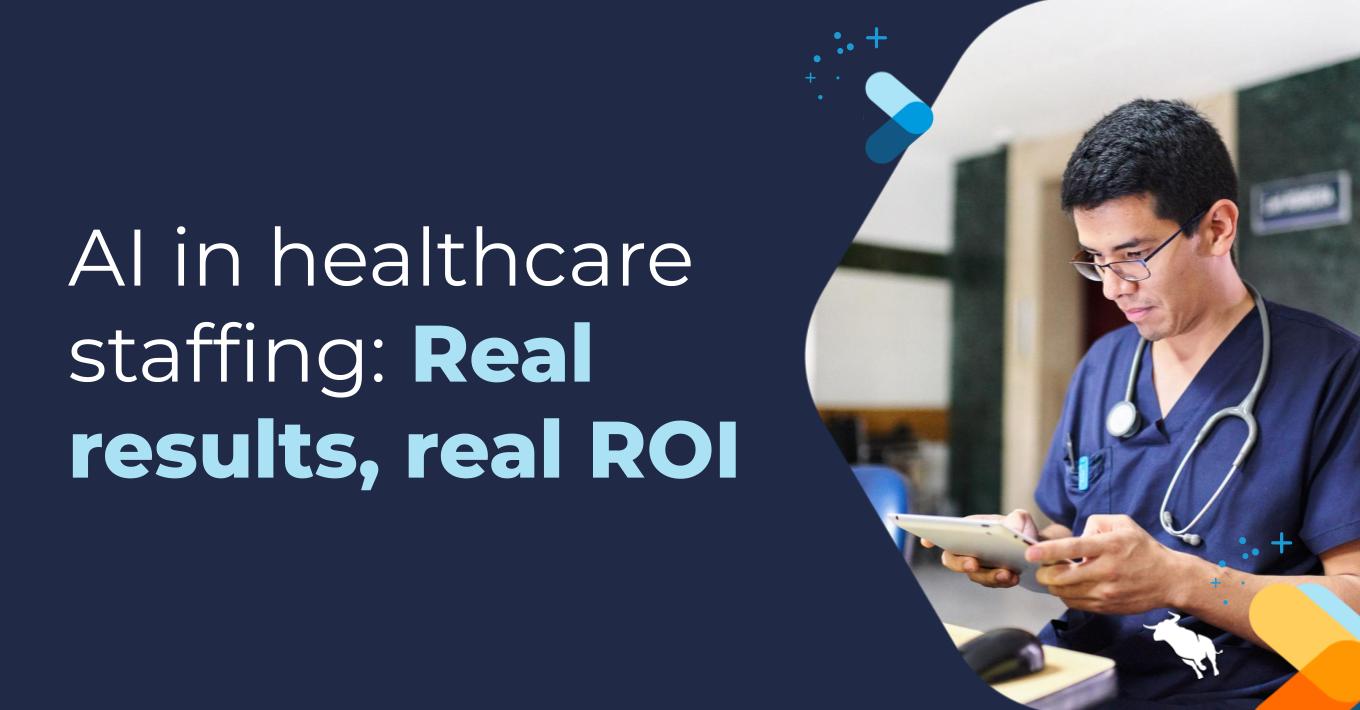AI in Staffing: How It Will Impact the Recruitment Industry

Textkernel CEO Jakub Zavrel knows a thing or two about AI and machine learning. In 2001, Zavrel leveraged a research background in AI, machine learning, and natural language processing to start the semantic recruitment technology company, Textkernel. Today, Textkernel is a global leader in the field, with recruitment agencies across the world using Textkernel for its parsing, sourcing, search and match, and lead generation tools.
We spoke to Jakub about the impact of AI in staffing and how machine learning will effect the recruitment industry in the coming years. Here are some of his takes on what staffing firms should expect in the next decade and beyond.
The Recruitment Landscape Will Look Very Different in 2025
Staffing firms are starting to seriously consider the role of recruiting technology and digitalization on their business models. It’s a near certainty that AI and machine learning will have a huge impact on the recruitment industry. The exact specifics of their impact are less clear, Zavrel says. “If you believe in the idea of exponential acceleration of technology, 2025 will become increasingly hard to predict.”
One possibility to consider: the rise of a widely adopted staffing platform could transform the industry. “The labor market has not yet seen the rise of a universal dominating platform, such as Uber, Airbnb, Facebook, or Google.” Automation will be a core function of this future platform, Zavrel says.
AI and Machine Learning Won’t Make Recruiters Obsolete Anytime Soon
While AI and machine learning will have an enormous impact on the recruitment industry, Zavrel predicts that humans will still have a vital role to play. “Information seeking, matchmaking, recommendation and scheduling are going to be fully covered by powerful tools,” Zavrel says.
But the client and candidate relationships that fuel recruiting still require a human touch. “Persuading customers and candidates will remain in human hands for a long time to come. Humans will simply have much better tools, with more data and intelligence at their fingertips.”
Staffing Firms Should Take An Incremental Approach to Technology Adoption
New technology offers ample opportunity for staffing firms to improve efficiency, but Zavrel advises firms against rebuilding their systems from the ground up. “Changing an entire business model or IT infrastructure is a costly and time-consuming undertaking,” says Zavrel.
As the pace of technological innovation accelerates, firms that want to stay competitive will need to rapidly make incremental changes to leverage existing investments. “Upgrading existing systems with new technology is often much easier than people think, especially in an open eco system like the Bullhorn environment.”
Large Platforms Will Play a Major Role in AI Technology
“Google, Facebook and others are driving AI hard as a centerpiece of their strategy, and Google has recently launched their Cloud Jobs API” says Zavrel. “This will force all others in the industry to set the bar high in terms of engineering, innovation, and quality service. If anyone is sleeping at the wheel, it is time to wake up now!”
The precise role that Google will play in recruitment, however, is yet to be determined. “In my view, it is more a piece in their Cloud strategy, offering a rich AI enabled platform for third parties to develop applications on rather than the entrance of Google into developing complex enterprise software for HR departments, staffing and recruitment agencies, or sourcing teams. The future will tell.”
Semantic Technology Can Make Staffing Firms More Efficient Right Now
While many staffing firms are looking forward to the future for a possible edge on the competition, firms can adopt under-embraced technologies today to improve performance and revenue. “Semantic technology of today can make every recruiter a good sourcer and reduce sourcing costs,” Zavrel says.
Given the current talent-shortage across a wide variety of industries, improved candidate sourcing can be a valuable investment for staffing and recruiting firms. Even though semantic technology is ready to help staffing firms be more efficient now, firms should anticipate new developments in the years to come as well, Zavrel says. “There is more good stuff still to come.”




 About Jakub Zavrel and
About Jakub Zavrel and 



